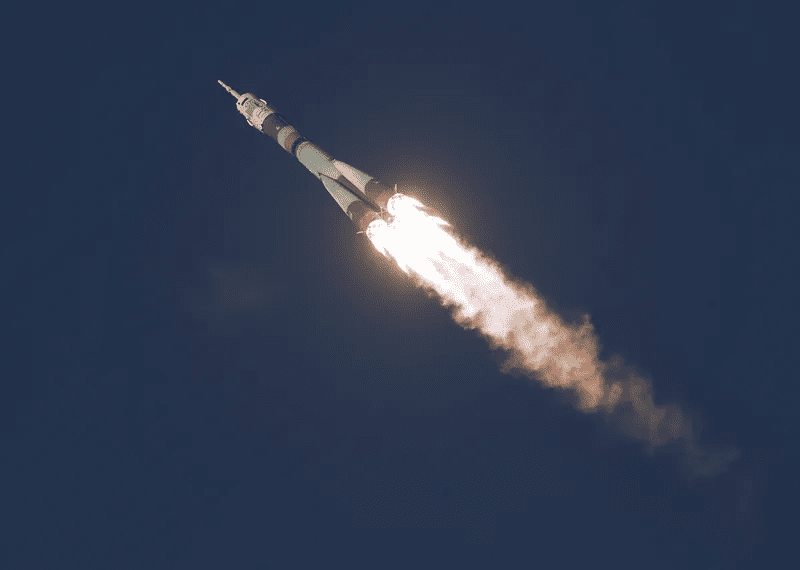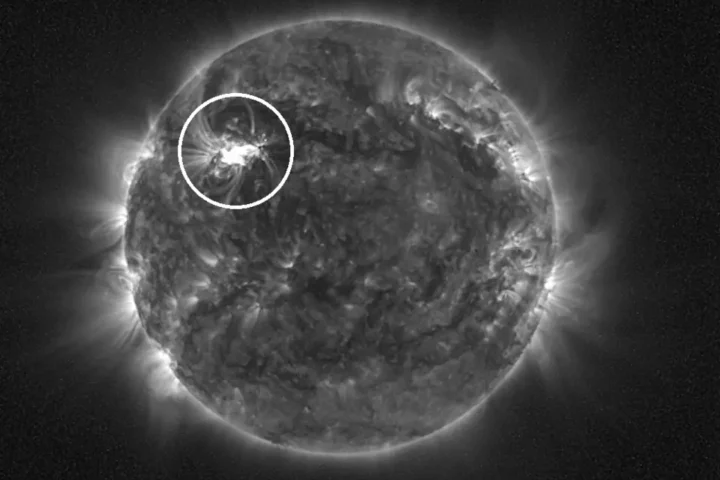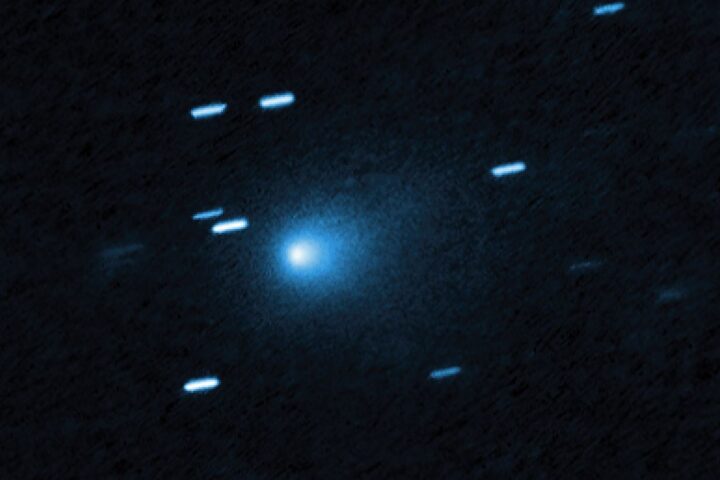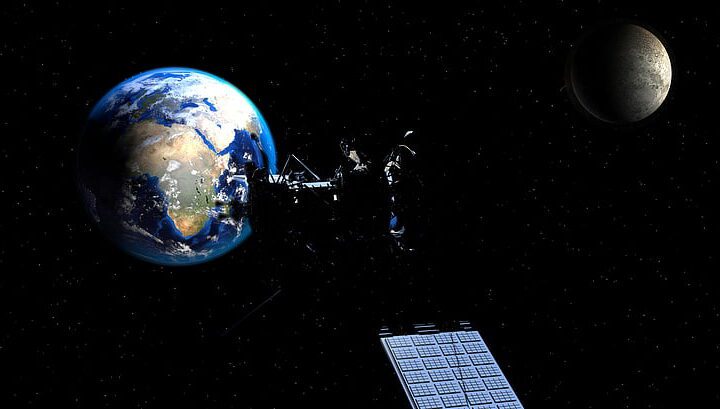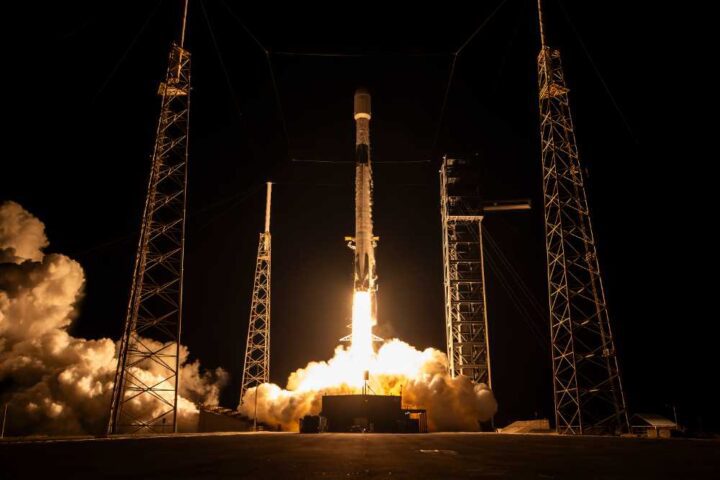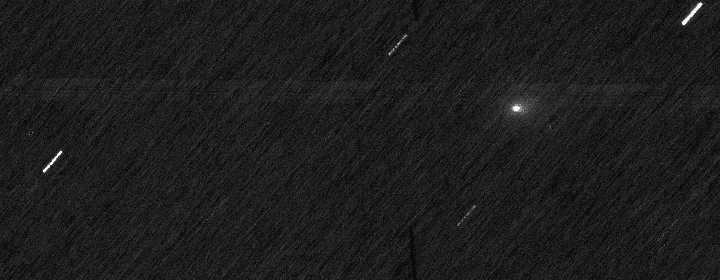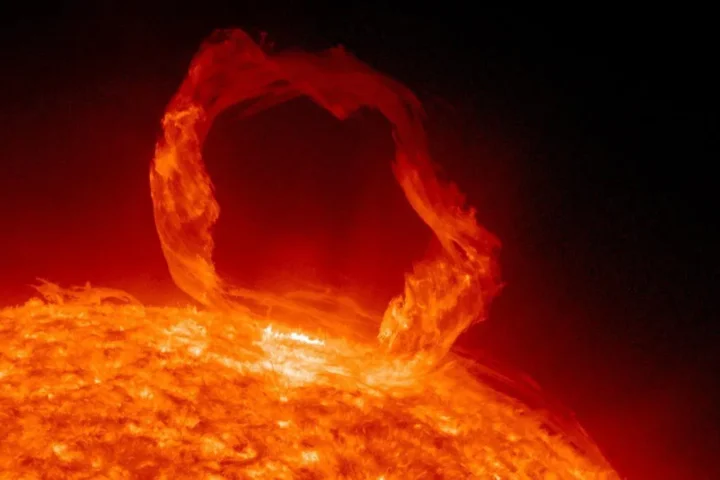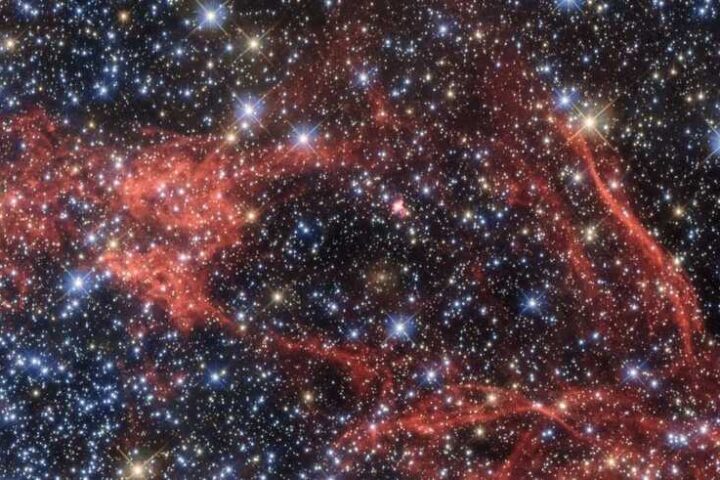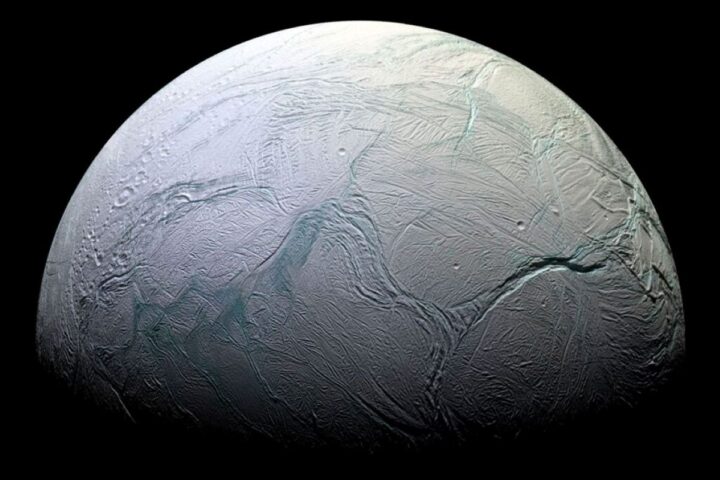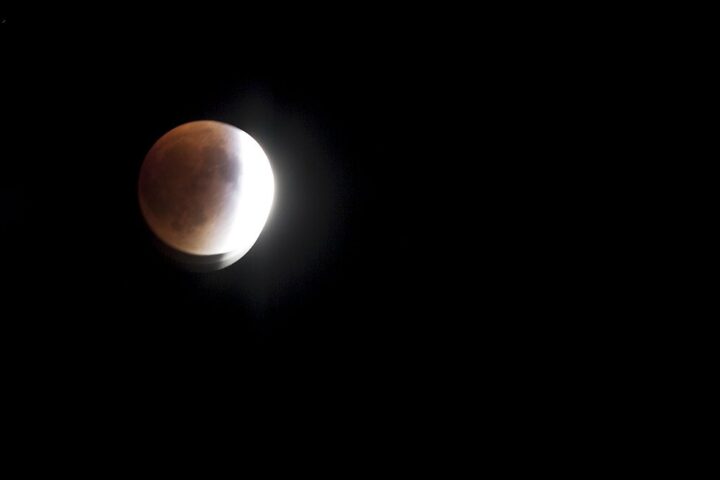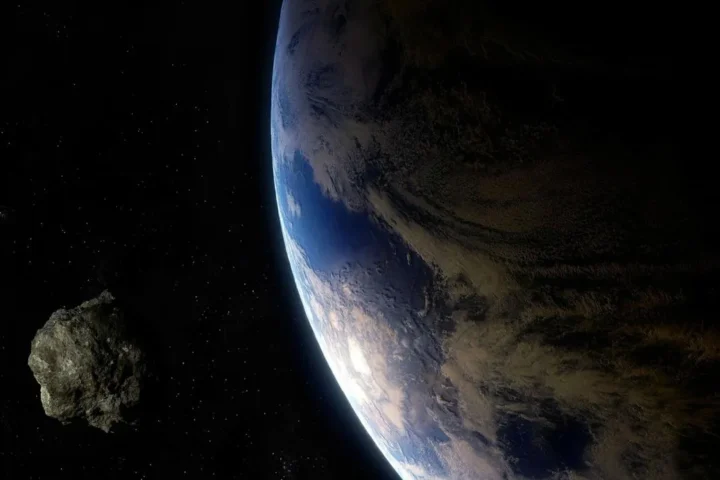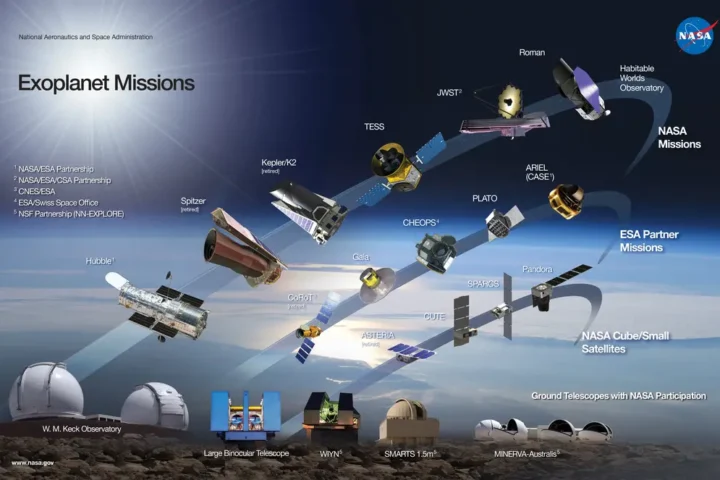Remote sensing satellites are used for a variety of purposes, such as earth observation, weather forecasting, and national security. These satellites gather information about the earth’s surface, oceans, and atmosphere. So, that the information can be used to produce data and appropriate images for further scientific research.
The remote-sensing satellite launch is one of the greatest achievements of the country’s space program. China dived into a series of space exploration programs such as taking a group of scientists to the space station, the Tiangong space station, and lunar explorations.
According to sources, the Long March carrier rocket series has been crucial for China’s space exploration. The rockets are used for carrying satellites, spacecraft, and space stations in orbit.
The Jiuquan Satellite Launch Center situated in the Gobi Desert is China’s one of the major satellite launch site. It is used for both civilian and military purposes. It has served in several space missions like the Shenzhou spacecraft and Chang’s lunar exploration missions.
The Launch of China’s Long March-2C carrier rocket signifies that the nation is growing rapidly in space technology and its commitment to investing in space exploration and research.
